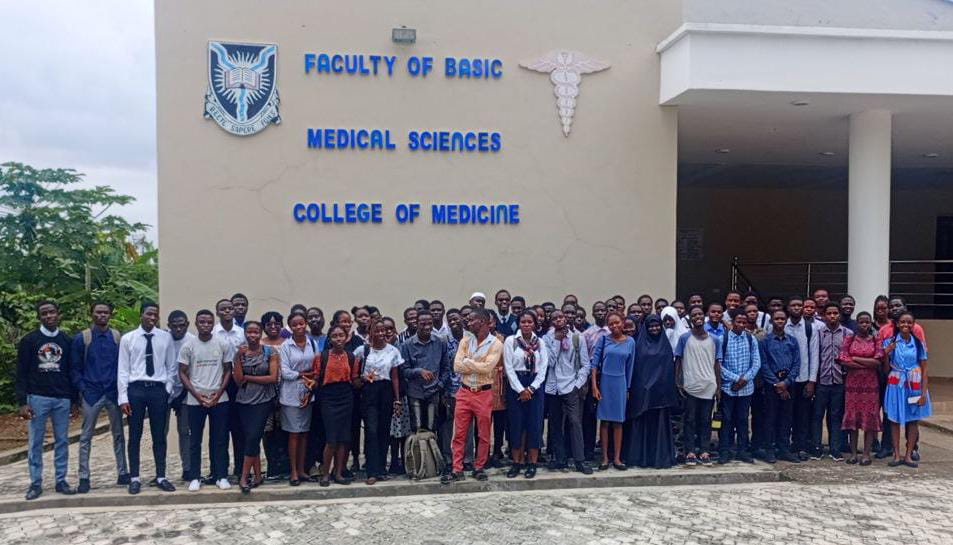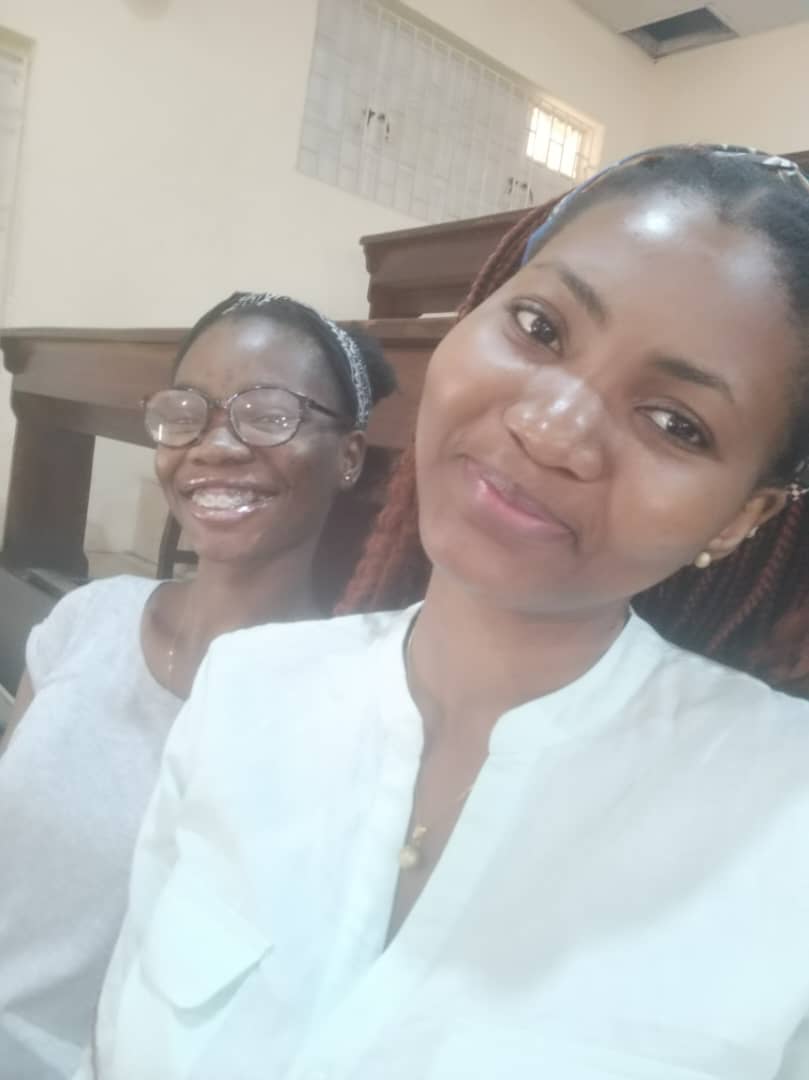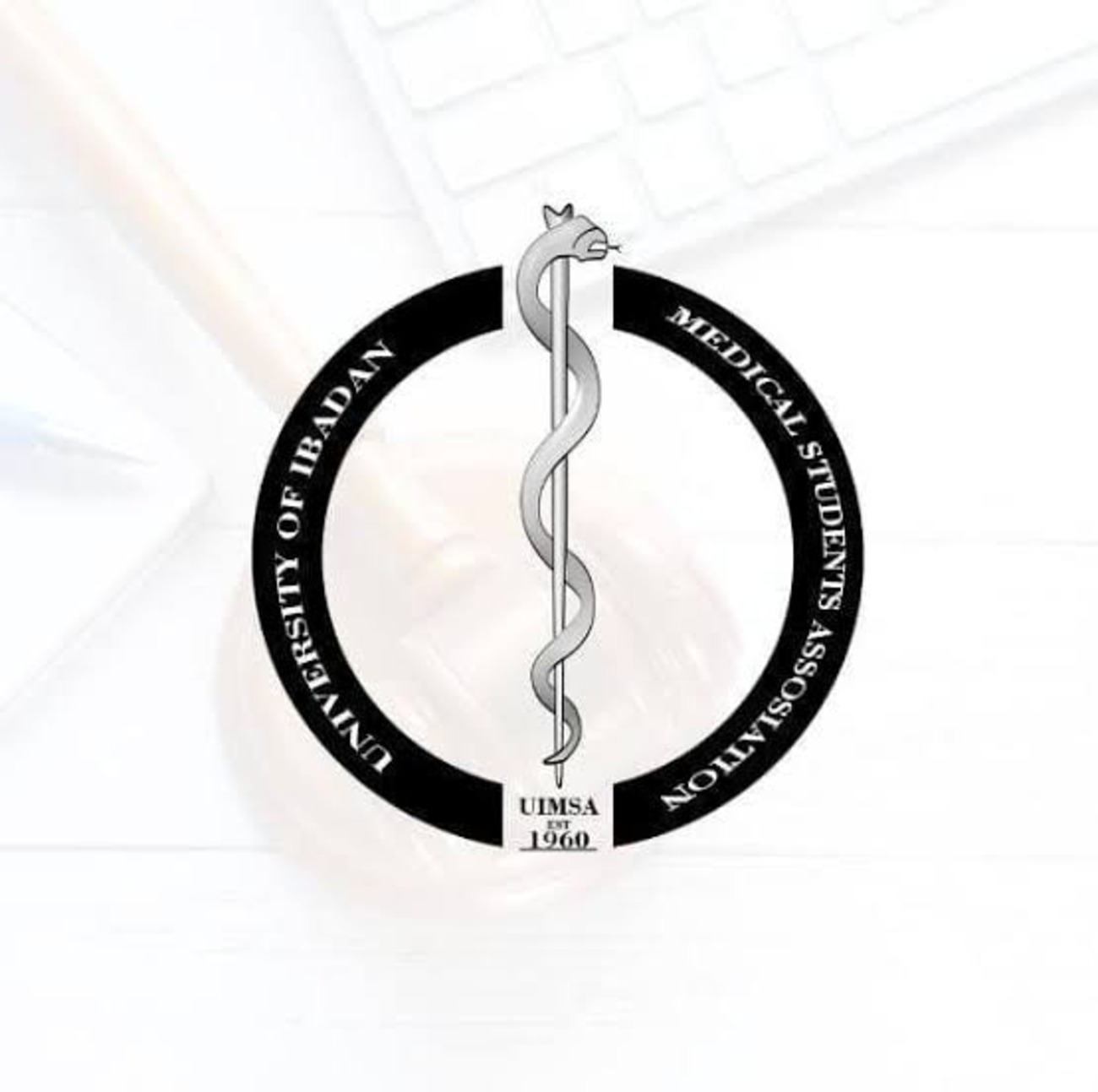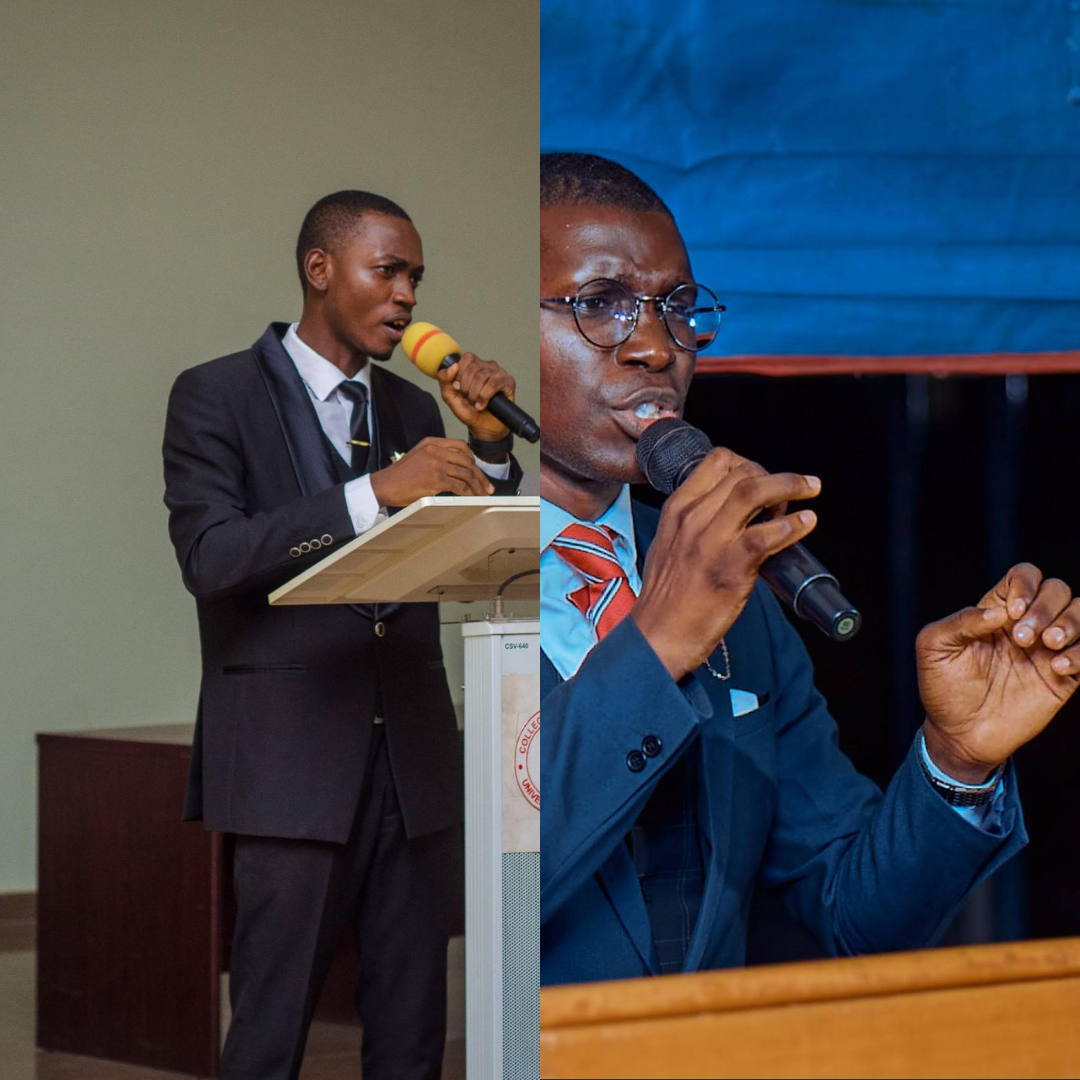First Incourses in Medical School: What do Current Pre-Clinical Freshers Have to Say?

The transition from the 100-level to the 200-level is a pivotal milestone for medical students in Nigeria. You move from being university freshmen to medical school freshmen and while this apparent change in nomenclature may not mean so much, the change in academic rigour is definitely significant. Medical school is where diligence and intelligence must be optimally recruited. Lecturers speak of students with excellent O’ Level and even 100-level results who failed to succeed in medical school. While some students are still in the process of acclimatizing to the new reality, the first set of tests — incourses — come.
First tests in medical school transcend the realm of a mere academic challenge; they stand as a philosophical crossroad. Echoing the ancient Greek maxim, “Know thyself”, this moment in a medical student’s journey is where self-awareness meets the pursuit of knowledge. Imagine you have spent countless hours not only dissecting cadavers but also grappling with the dense tomes of Anatomy, Physiology, and Biochemistry. You have navigated the labyrinthine corridors of medical terminology; and now, at the brink of your medical odyssey, you confront your first significant examination.
It’s not just a test; it’s a rite of passage, a crucible where one’s character, resilience and passion for medicine are forged. You must have heard tales of Physiology’s negative marking, Biochemistry’s essays that require several pages and Anatomy’s critical thinking. What thoughts occupy your mind as you face that first, daunting blank answer sheet?
Here are what some of the current preclinical freshers have to share about their initial encounters with this pivotal moment in their medical education.
“I must say it was a valuable learning experience. Prior to the CAs, I met a few seniors who had shared their insight and advice. This aided my preparation and mental readiness. As expected, I felt anxious at first but in the long run it was unnecessary. Looking back, the CAs were manageable. However, I am not complacent. I expect subsequent assessments to be more challenging. For Physiology, I felt like I over-prepared for this CA because the questions turned out to be relatively straightforward. I also made a lot of silly mistakes while cross checking my answers. All I can say is, don’t overthink it! In Physiology exams, you’re there to tick not to think. Intuition rarely fails. Anatomy CA 1 was cool and interesting. I felt confident before and after the CA. See, just know your stuff to an extent. The exam is relatively simple when you know it and time does not fly by when you know it.Biochemistry! It didn’t deviate much from my expectations. I discovered my potential. Initially, seniors said that some questions might take up to 8 pages and I laughed like, that’s crazy. How was I supposed to do that? For real, I’ve never written an exam for 3 hours straight without stopping or thinking. Yo, junior medics, don’t worry! When you get to the bridge, you will cross it. Just do your part! You will be marvelled by your potential when you get to the hall” – David Oyeniran
“The tests were not really bad because there was enough time to prepare for them but I learned some things from them. Take every course seriously and treat them all importantly. For instance, what I heard about Biochemistry did not make me put the right effort in it at the right time. But still, any course the school made compulsory should be taken seriously. There is a reason it was added as a course. Read every course and do not leave it till the exam is announced. You may not be at the same pace with the class but at least there will be less to cover when it’s time for CAs.Reading alone might not be enough to pass. Solve past questions. Do not read to pass alone too. Understanding will be helpful because the three core courses are linked. For example, I read thyroid gland in Physiology but I used the knowledge to answer a Biochemistry essay question. I also think some classes are not to be missed at all. All in all, pray and work hard consistently” – Segun
“Physiology was calm actually. Read to have an idea. The way you prepare for a multiple choice assessment is just different. The only down side was negative marking. To guess or not, you just have to go with your instincts. Biochemistry was the first serious CA for real. Preparing for it was chaotic. So many “high yield” essays flying around. It was the craziest. We did not know what to expect, not even what the answer sheet looked like. Everyone was so sure of the essays that would come out. I permed so many essays just for one of them to come out. I remember after I got my question I let out a giggle, that moment of cognitive lapse. We did what we had to do. 6-8 pages for an essay? Everything I know about it is not up to 3 pages so how? Here is where your ability to “cook” comes in. Increase the “font size” of your handwriting, use unnecessary adverbs and all sorts of tricks just to fill the pages and not leave them blank. Crazy stuff. I have mixed feelings about the Anatomy CA. I call anatomy ‘disappearing messages.’ Experience is the best teacher. Maybe we know what to do differently in CA 2 or maybe not. We’ll see” – Haleemah
“Physiology was our first CA in pre-clinicals. It was pretty much straight forward. Everybody did well. Our seniors told us that this is the easiest CA in pre-clinicals. All we had to do was read the slides and solve past questions. Right? But one major mistake I made was not solving past questions. This has always been my problem since 100L. I mean, for God’s sake, solve these past questions. So, I ended up regretting that because I banged some unnecessary questions. But all in all, it was good. So please, solve PQs. Biochemistry had to be one of the craziest CAs ever. The way I memorized essays ehn. I memorized more than 20 essays and only one came out—Lipoproteins. For the rest of them I had to use residual knowledge to answer them. When I glanced through the questions at first, I turned to the back of the question paper like, are these all the questions? It was not something we expected but thank God for residual knowledge. The results aren’t out yet, though. Anatomy was the very opposite of biochemistry because it didn’t come unexpectedly. It was something we anticipated. And this time, I ensured I did some PQs. And yes, they came out” – David Ilo
Loveth and Princess had some advice for the next 200-level set.
“For Physiology, since it is the first test, read it from front to back and front again so that the values and even the smallest details can stick. You’ll need a lot of them for your test. Biochemistry! “Focus more on high yield questions”, they said. As for me, especially after what I saw, I have no opinion. Read well. Anatomy CA was one that no matter how much I read, I still felt like I had not read enough. I felt somewhat encouraged when I could answer questions confidently on my own but discouraged when I was having troubles with identification right before the exam. All in all, I took the test without any issues and finished on time. In Anatomy, there’s no guessing so you’ve got to know everything by heart. Make sure you study Anatomy consistently, and make use of pictures and videos to aid your learning. Most of what you need are in your past questions so if you like ease, study them judiciously” – Loveth
“The CAs may end up being much simpler than expected but at the same time, they may be the most anxiously anticipated. One thing I feel I would want people to learn is that they should study their slides in Anatomy, read questions thoughtfully in both Anatomy and Physiology before answering as well as prepare well for Biochemistry. They should try as much as possible to avoid permutations by writing essays on every topic in the schedule of lecturers that taught even if it was not taught. Physiology may end up being the easiest but tactical. I feel like the pre-exam tension was not worth it even though your body will naturally do that especially if there are thoughts of inadequate preparation, fear and what not” – Princess
“For my first CAs I wish I could go back in time to correct and avoid some of the mistakes I made. But as they say, we can only move forward. Physiology was the first CA and it was the only test I prepared for adequately. Both Biochemistry and Anatomy came unexpectedly, probably because my preparations were below my standards. I wish I paid attention to this in my early days in preclinicals. Don’t fight your battles as they come. Here’s what I mean – don’t ignore your academics and start reading when it’s a few weeks or a few days to the test date. I remember I started reading for Biochemistry three days before the test. I did some crazy things, yeah. So don’t lose your momentum, keep studying and never lose your passion, trust God to help you never to lose your passion else you’ll leave things to chance and settle for less” – Faith
Author’s Note
If you’ve not taken these tests, you might still be confused. However, the main idea is to know what works for you. It is clear that everyone had different opinions about each CA. Study the patterns that recur everyone’s opinions and you’d find your way. Come back to this piece when it’s finally time for each test and you’d be shocked by your level of preparation. There is one last thing to note, however. Do not take Professor Owoeye’s revision classes for granted.
As we have all shared, the first tests in medical school are much more than a measure of knowledge; they are mirrors reflecting our dedication and compasses pointing towards our true abilities. Each test, each question answered, not only tasks our grasp of the coursework but also shapes our identity as future physicians. In this article, we see a tapestry of resilience, learning, and self-discovery. As we move forward, carrying the valuable lessons from our first tests, we are reminded that in Medicine, every exam marks both a culmination and a commencement. Each one signifies the end of one phase and the beginning of another, bringing us closer to becoming the doctors we aspire to be—ever mindful of the ancient wisdom to “know thyself” in the service of others.





MELO MELO!!
Awesome article! Keep it up.